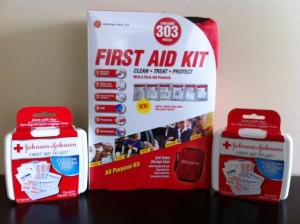Tenderness, sharp burning pain or tightness in your breast tissue is called Mastalgia or Breast Pain which may be characterized as mild to severe or constant and occasional.
 Breast pain can affect you for just a few days or may extend for how many months depending upon its underlying cause. It can be due to normal cyclical changes in your body (cyclic pain) or may be due to certain disease and not follow any pattern (noncyclical pain).
Breast pain can affect you for just a few days or may extend for how many months depending upon its underlying cause. It can be due to normal cyclical changes in your body (cyclic pain) or may be due to certain disease and not follow any pattern (noncyclical pain).
The most common type of breast pain is the cyclic pain. It is caused by normal monthly changes in hormones. It occurs in both breasts often described as heaviness and soreness that radiates to the armpit and arm. It is severe before a menstrual period and relieved as it ends. It is common among younger women. While non-cyclic pain is common in women ages 30-50. It may occur in one breast only and often described as sharp, burning pain. It may be due to fibroadenoma or a cyst.
Breast Pain Causes
There are contributing factors why a woman is experiencing breast pain. You can experience one or more of the following causes: reproductive hormone, breast structure, fatty acid imbalance, medication use, and breast size and breast surgery.
The pain as a result of hormonal changes is from
- Menopause
- Menstruation and premenstrual syndrome
- Pregnancy especially during first trimester and women who become pregnant at early age
- Puberty in girls and boys
- After childbirth
- Breastfeeding
Fibrocystic breast changes are also common cause of breast pain. The breast tissue contains lumps that tend to be painful before your menstrual period. It is not necessarily linked to cancer, and the lumps are fluid filled cysts rather than mass of cells.
Breast Pain Symptoms
Cyclic or noncyclic mastalgia has different symptoms and is classified in their distinct characteristics
In Cyclic mastalgia, the symptoms include:
- Clear relation to menstrual cycle
- Dull, heavy or aching
- Accompanied by breast swelling or lumpiness
- Affects both upper outer portions of the breast and radiates to the underarm
- Intensifies during two weeks before menstruation
- Affects women in 20s and 30s
- Women who transitions to menopause
While noncyclic mastalgia or breast pain is described as:
- Unrelated to menstrual cycle
- Tight, burning or sore
- Constant or intermittent
- Affects one breast, in a localized area
- Affects women after menopause
Breast Pain Tests and Diagnosis
There are several tests to evaluate the condition of mastalgia which includes
- Clinical breast exam
- Mammogram
- Ultrasound
- Breast biopsy
Breast Pain Treatment
The treatment of breast pain depends upon whether cyclic or non-cyclic. In cyclic mastalgia, it is mainly hormonal etiology, specifically estrogen. It may also be due to a hormonal event such as pregnancy or taking oral contraceptive pill. The pain caused by it will resolve over time and no necessary treatment will be given. Unlike cyclic mastalgia, non-cyclic mastalgia has a precipitating factor. If your physician recommends you a treatment, it may be:
- Using topical nonsteroidal anti-inflammatory medication where you feel pain
- Eliminating underlying cause or aggravating factor like wearing bra for extra support
- Adjusting your birth control pills
- Reducing of menopausal hormone therapy doses
- Taking prescribed medication
There are also alternative medications intended for those who have breast pain or mastalgia.
- Evening primrose oil
- Vitamin E
Breast Pain Home Remedies
If you want to alleviate pain from your breast, you may try few of the following self-care remedies.
- Apply hot or cold compress to your breast
- Wear a support bra
- Wear sports bra during exercise
- Do relaxation therapy
- Go away with caffeine
- Have a low-fat diet
- Try over-the-counter pain reliever
Keep a journal to record onset of breast pain
